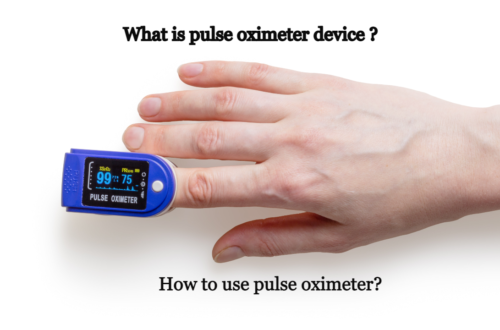10 Most Important Health related Questions and Answers

These are the 10 most important health related Question and Answer. This is very important to know everyone.
Question 1:- What is normal pulse rate/ heart beat ?
Answer:- Your pulse rate is your heart rate or the number of times your heart beats in one minute measured at radial artery on wrist. Pulse rates vary from person to person according to age ,body size, temperature, activity level. Above all don’t forget about different medication.
Your pulse rate is lower when you are at rest and increases when you exercise.
A normal resting heart rate for adults: – 60-100 beats per minutes
A normal resting heart rate for children varies
Average: – 72 beats per minutes at rest.
Question 2:- What is normal body temperature ?
Answer :- Normal body temperature :- 97.7to 99.5 degree Fahrenheit
Average :- 98.6 degree Fahrenheit or 37 degree c
Mean oral temperature is 36.8° ± 0.4°C (98.2° ± 0.7°F), with low levels at 6 a.m. and higher levels at 4–6 p.m. The maximal normal oral temperature is 37.2°C (98.9°F) at 6 a.m. and 37.7°C (99.9°F) at 4 p.m
Hence an a.m. temperature of >37.2°C (>98.9°F) or a p.m. temperature of >37.7°C (>99.9°F) would define a fever.
Rectal temperatures are generally 0.4°C (0.7°F) higher than oral readings.
In women who menstruate, the a.m. temperature is generally lower during the 2 weeks before ovulation; it then rises by ~0.6°C (1°F) with ovulation and stays at that level until menses occur.
Question 3:- What is normal blood pressure?
Answer:- When the heart pumps blood through the arteries, the blood puts pressure on the artery walls. This is known as blood pressure. Your blood pressure normally rises and falls throughout the day.
Accurate measurement depends on body position, arm size, time of measurement, place of measurement, device, device size, technique, and examiner.
Blood pressure is best measured in the seated position with the arm at the level of the heart and the feet on the floor with the back supported, using an appropriately sized cuff, after 5–10 min of relaxation.
Normal Blood pressure :- Systolic less than 120 mm/Hg
Diastolic less than 80mm/Hg
Question 4:- What is normal Haemoglobin?
Haemoglobin (Hb) is a protein found in the red blood cells that carries oxygen in your body and gives blood its red colour.
Answer :- Normal Haemoglobin Range:- In Male :- 13.5-17.5 gm/dl
In Female :- 12.5-15.5 gm/dl
Question 5:- What is normal Blood Sugar?
Answer :- Normal Blood Sugar Value :- Fasting :- 70-100 mg/dl
Post Prandial(2 hrs after food) :- 120-140 mg/dl
Question 6 :- What is normal BMI( Body Mass Index) ?
Answer :- Body Mass Index or BMI is a person’s weight in Kilograms divided by the square of height in meters.
Formula :- Weight (kg) / Height (m2)
Example if your weight is 68 kg
Height = 165 cm (1.65m)
Calculation :- 68 /(1.65)
BMI = 24.98
Underweight if < 18.5
Normal weight = 18.8 – 24.9
Overweight= 25-29.9
Obesity= BMI of 30 or greater
Question 7:- What is normal respiration rate?
Answer:- Normal Respiration Rate :- 12 to 20 breathes per minute
Average Respiration Rate :- 18 breaths
Question 8:- What is normal oxygen level?
Answer:- Normal Spo2 = 95-100%
90-94% needs to be alert and consult Doctor
<90% consult Doctor
Question 9 :- How much amount of blood is found in a person’s body?
Answer :- The amount of blood is approximately 5 Liters in the average human body. It is approximately 7-8% of an adult’s body weight. This can vary, depending on various factors like in pregnancy ,a woman may have more amount of blood.
Question 10: – What is normal blood pH ?
Answer:- Normal range of blood pH is 7.35 to 7.45.
Changes in your normal blood pH might be the sign of certain health condition and medical emergencies. Lungs and Kidneys are two main organs that help to balance the pH of blood.
Acidaemia An arterial pH below the normal range (pH<7.35).
Alkalaemia : An arterial pH above the normal range (pH>7.45).
Acidosis: A process lowering pH. This may be caused by a fall in serum bicarbonate and/or a rise in the partial pressure of carbon dioxide (PaCO2).
Alkalosis : A process raising pH. This may be caused by a rise in serum bicarbonate and/or a fall in PaCO2.
Also Read : –




